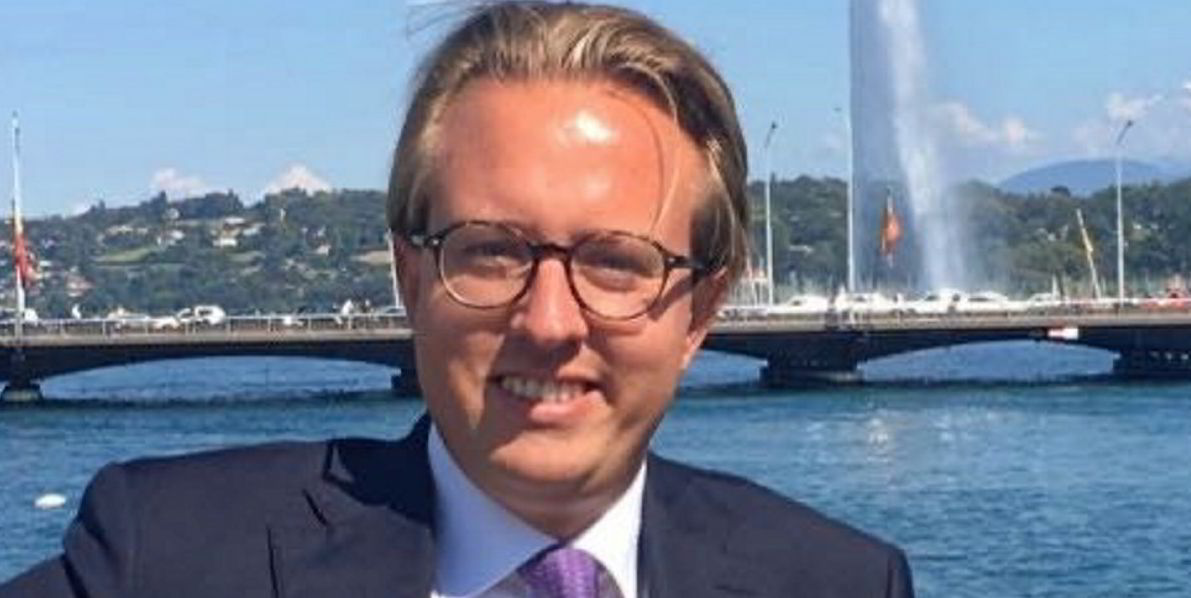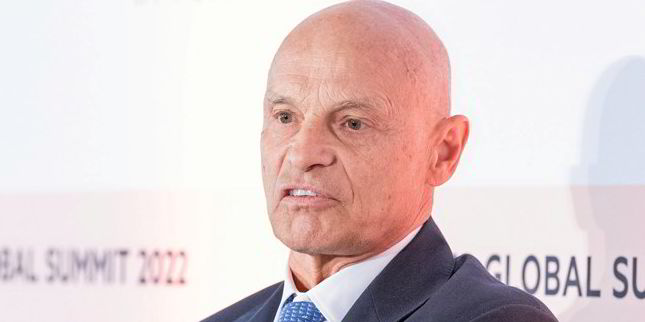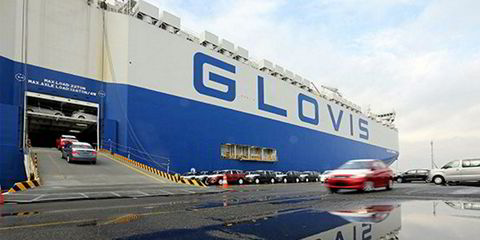Bulker owner Sterling Shipping has bought a kamsarmax in the secondhand market and refinanced the rest of its fleet.
It has purchased the 80,300-dwt Derby (built 2011) from Orion Bulkers and renamed the South Korean-built vessel Sterling Freija.
Sterling’s founder and chief executive, Christopher Fjeld, told TradeWinds the ship was acquired for around $23m, a shade lower than numbers being reported by brokers.
The deal was financed by French bank Credit Agricole under an agreement signed in April, the owner said.
The Sterling Freija, which was built by STX Offshore, is fitted with a ballast water treatment system and has been reflagged from the Marshall Islands to Malta, where Sterling is based.
The bulker has been fixed to agricultural commodities producer Olam for 12 to 15 months on an index-linked charter, with options to convert the contract to fixed-rate employment, according to Fjeld.
He said Sterling is trying to do more chartering in-house, so — unlike other vessels in its fleet — the Sterling Freija will not be commercially managed by Copenhagen Commercial Platform. Sterling bought its first vessel from the platform, previously known as BW Dry, in 2019.
Hamburg-based Orion Bulkers will continue as the Sterling Freija’s technical manager.
The Olam deal means all Sterling’s vessels are fixed out on period charters to major commodity companies.
The 81,500-dwt Sterling Svea (built 2013), the first ship the owner bought, is on a one-year contract to Koch at what Fjeld described as a “very good fixed rate”.
The 79,500-dwt Sterling Tora (built 2010) and 82,900-dwt Sterling Saga (built 2013) are on index-linked contracts with grain house Viterra for 24 months. Both contracts include options to convert to fixed-rate employment, Fjeld said.
Meanwhile, he told TradeWinds that the company has refinanced the rest of its fleet with a new loan with better terms provided by an unnamed US pension fund.
“Svea, Tora and Saga had individual loans from separate lenders, which now have been replaced by one loan facility for the whole fleet,” he said.
“Approaching winter, we continue to have a positive market outlook in spite of geopolitical tensions, economic uncertainty, energy market upheaval and financial market turbulence.
“With the current strains on global supply chains, shipping companies like Sterling have a vital role to play, making sure that critical commodities continue to reach end users in a timely manner even in a time of crisis.”
Fjeld told TradeWinds in February that Sterling aims to grow its fleet to between four and six vessels.
It has been on the hunt for South Korean or Japanese kamsarmaxes aged between five and 10 years, after acquiring the Sterling Saga in early 2022 for around $27m.
Fjeld owns 75% of Sterling Shipping. The rest is owned by Sweden’s Kvalitena, a privately owned real-estate investment firm founded by Mikael Andersson that has around €1bn ($98m) in assets.





